Hello and happy Saturday. Say what you will about what brought us to this point, but we got to witness a time-honored tradition on Monday. Sure, the decision to hold the event indoors because of cold weather upset some traditionalists, the celebrities in the audience got a little too much attention, and many people disdain both parties that were represented on the big stage. But the peaceful transfer of power after a heated campaign reflects important American values, and I admit I became a little teary-eyed when my Ohio State Buckeyes hoisted the trophy after beating Notre Dame in the College Football Playoff championship game.
Wait, did you think I was talking about the inauguration? Gotcha! (Again.)
In the second-most important event that happened Monday, Donald Trump took the oath of office to begin his second term as president. But even his inaugural address—which swore off soaring patriotic themes in favor of partisan rhetoric that sounded at times more like a stump speech—felt secondary to the actions he took.
Trump signed 26 executive orders on his first day, including declaring a national emergency at the southern border among other immigration measures, a national energy emergency, an order withdrawing the United States from the World Health Organization, one renaming the Gulf of Mexico to the Gulf of America and—perhaps most contentious of all—a declaration ending birthright citizenship.
But it wasn’t just executive orders. To undo what he called a “grave national injustice that has been perpetrated upon the American people over the last four years,” the president commuted the sentences of 14 people involved in the January 6, 2021, storming of the Capitol and issued blanket pardons to everyone else convicted for participating in the riots that sought to overturn the results of the 2020 election.
In Boiling Frogs, Nick wrote about polling that shows the J6ers are unpopular and noted that, while politicians would generally avoid the political liability of associating themselves with such figures, Trump is “shameless”: “His superpower is making a spectacle of his shamelessness to convince Americans who should know better that there isn’t anything to be ashamed of.”
Trump didn’t need any encouragement to carry out those actions, as he had pledged to do all or most of them during the campaign. But arguments that his executive orders and pardons were unprecedented or a challenge to the rule of law had taken a preemptive hit during the final days of the Biden administration.
Having already issued a blanket pardon for his son Hunter—covering not just his federal gun and tax convictions but also any other “offenses against the United States which he has committed or may have committed or taken part in” between 2014 and 2024, President Joe Biden on Monday issued preemptive pardons for five family members and also for Dr. Anthony Fauci, retired Gen. Mark Milley, and the January 6 committee, including Liz Cheney, to protect them from threatened retribution by Trump.
Kevin Williamson criticized the pardons, which came in the final minutes before Trump’s inauguration, writing that, “Biden’s decision to pardon people who have not been investigated … has no obvious precedent in law.” There may have been no precedent for what Biden did, but his executive action certainly set one: “Biden just gave a loaded political gun to the guy who has bragged about his ability to get away with shooting strangers on Fifth Avenue in broad daylight.”
That’s a lot for one week, but we’re just getting started. Immigrations and Customs Enforcement agents have already begun arresting and deporting illegal immigrants. The Senate confirmed Pete Hegseth as defense secretary late Friday night—with Vice President J.D. Vance cast the tie-breaking vote—despite new allegations about abusive behavior toward his second wife emerging this week. Controversial nominees Tulsi Gabbard (director of national intelligence), Kash Patel (FBI director), and Robert F. Kennedy Jr. (secretary of health and human services) are all scheduled for confirmation hearings next week.
It feels at times like we’re drinking from the firehose. When it all gets to be too much, don’t feel bad about taking a break from the news—read a book, visit a friend, bake some cookies. As for me, I’ll be over here watching Buckeyes highlights. Thanks for reading.
As we enter a second Trump administration, there is plenty of concern about the institutional havoc the president-elect could wreak. Might he try to run for an unconstitutional third term? Ignore the Supreme Court if it declares his immigration enforcement actions to be unlawful? Threaten TV networks with onerous regulations and investigations if they air or refuse to censor criticisms of his administration? … But while these folks were worried about what violations Trump might commit, Biden was actually committing them. He may have been less upfront about his lawlessness than his predecessor, but he did significant damage to our constitutional order and the rule of law in the name of appeasing political supporters and attacking political opponents.
It’s remarkable that Heritage has found itself chasing after a Republican president. The institution was the brainchild of conservative activists dismayed by how the domestic policy of another Republican president to whom Trump is often compared, Richard Nixon, had taken a leftward turn through his embrace of wage and price controls and some elements of the Great Society social-welfare programs. The nascent conservative movement had its journal (National Review) and its political north star (Ronald Reagan), and now it had a home for pro-market, anti-Communist, and socially conservative policymakers. Heritage may have reached its high-water mark of influence during the Reagan administration, but it remained an important force afterward because of its generation of ideas and strong connection to a still-powerful conservative movement. But with the MAGA movement’s rise shattering the old conservative consensus, there was seemingly nowhere for Heritage to go but Trump.
ADepartment of Government Efficiency from Freedom of Information Act transparency regulations and sidestepping onerous federal staffing laws—providing maximum political and operational flexibility to President Donald Trump and Elon Musk, leader of the “DOGE” initiative. Trump formally established his effort to streamline government via executive order Monday, within hours of assuming office. And by shifting the existing U.S. Digital Service from the Office of Management and Budget to the Executive Office of the President and reconstituting the agency as the U.S. DOGE Service, Trump ensured it would not be subject to the Freedom of Information Act, but rather, the Presidential Records Act. This latter law grants presidents enormous latitude to keep communications and information secret from Congress and the public.
Ending birthright citizenship would directly hurt American competitiveness on the world stage by needlessly weakening a key demographic advantage we hold over our great-power rivals. While the precise numbers are subject to conjecture and will depend on exactly how the Trump administration defines which immigrants are here “illegally,” historical estimates indicate that roughly 7.5 percent of all babies born in the U.S. going forward would no longer be considered automatic citizens. This would amount to more than 250,000 children each year, and in practice this number will likely be much higher if the definition of “illegal immigrant” is expanded to those who remain in the country after their parole or Temporary Protected Status programs are terminated.
And here's the best of the rest:
Plus: Heretics and heroes of the American creed.
Did Biden’s international economic policy fail … or did it never really even try?
The 11th president transformed America in a single term. Trump lacks the discipline to do the same.
Most think he’s following the ‘spirit of the law’ intended to sever Chinese ownership.
Plus: David shocks us. Whoa.
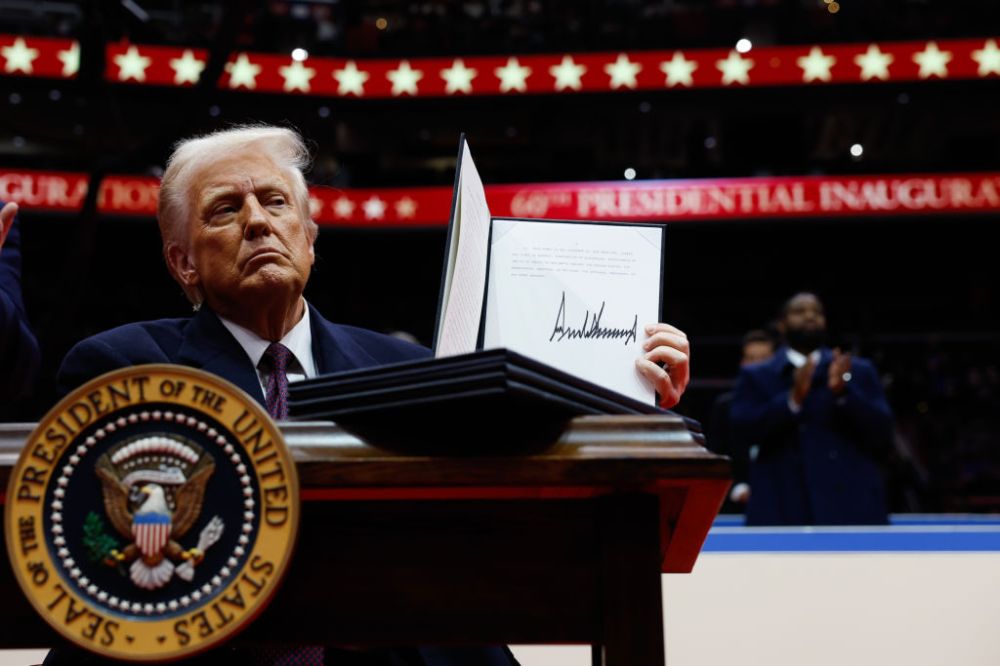
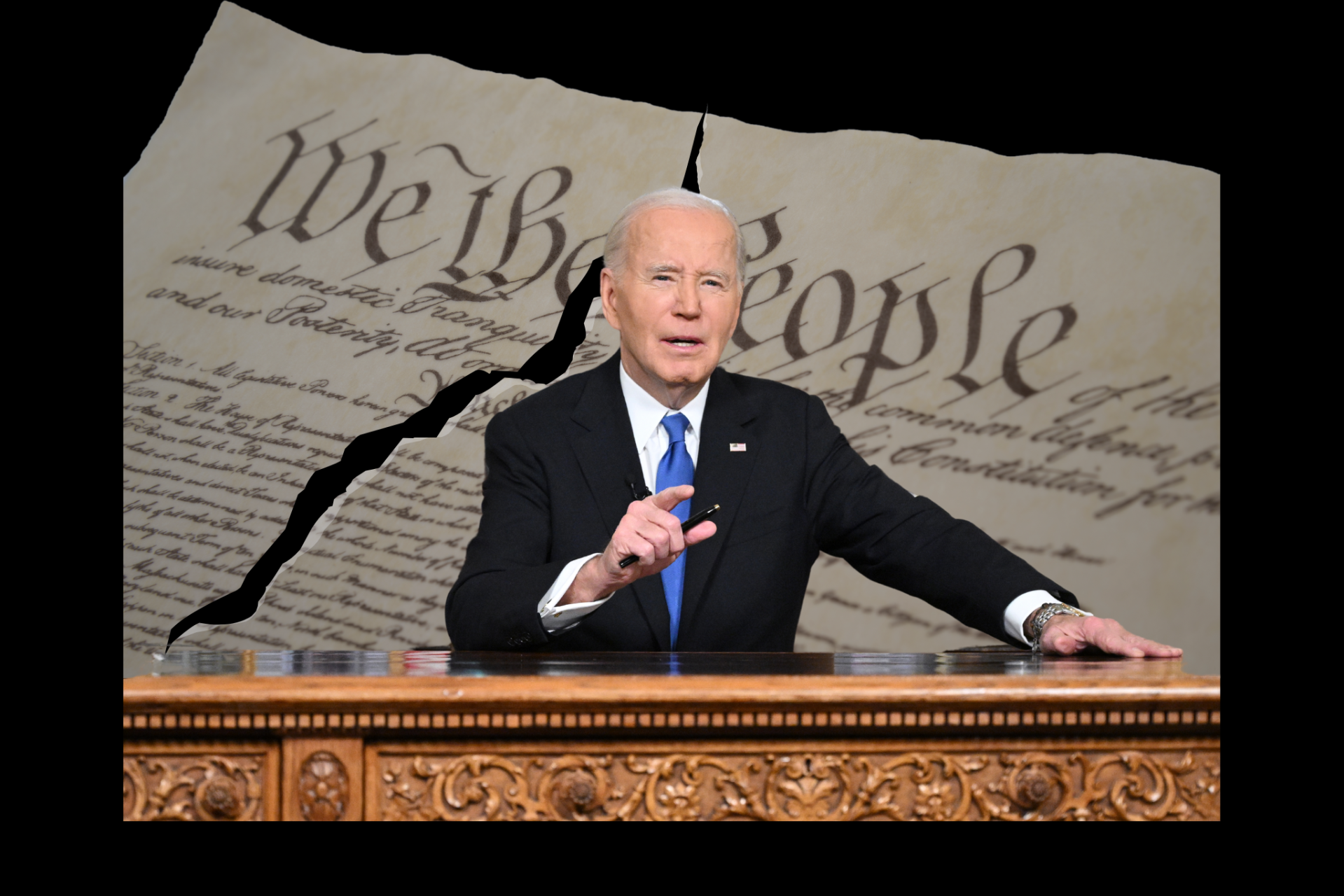

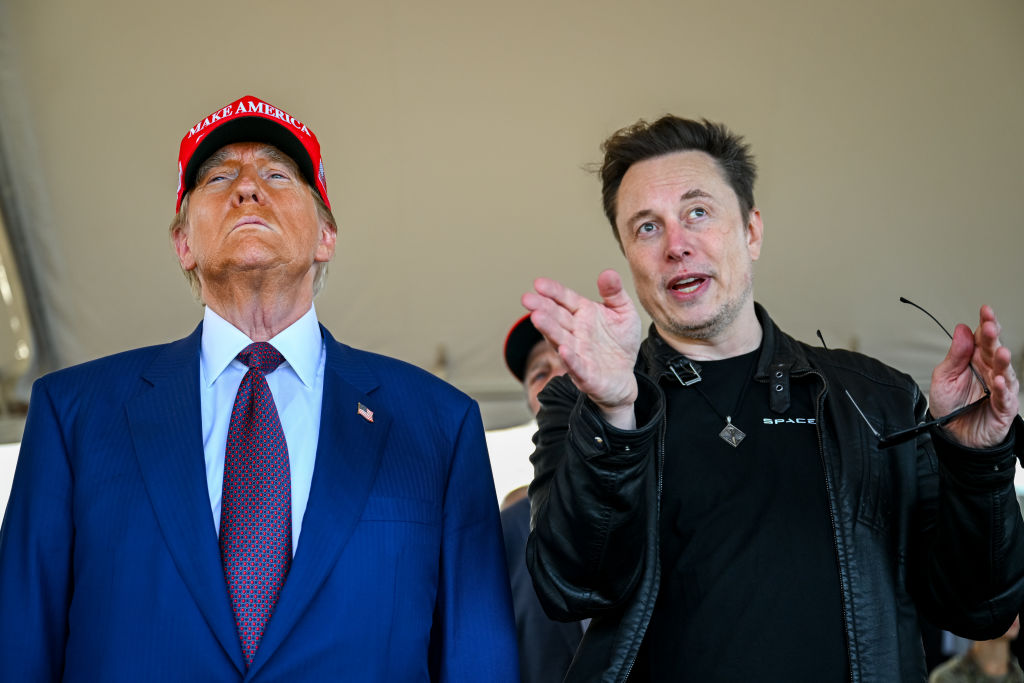


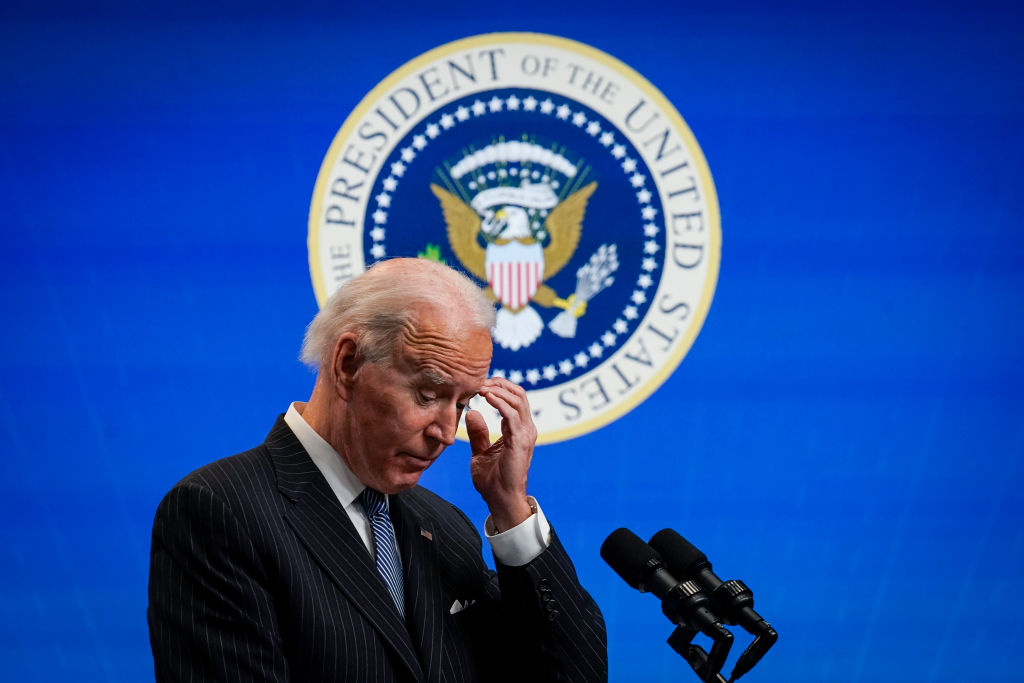
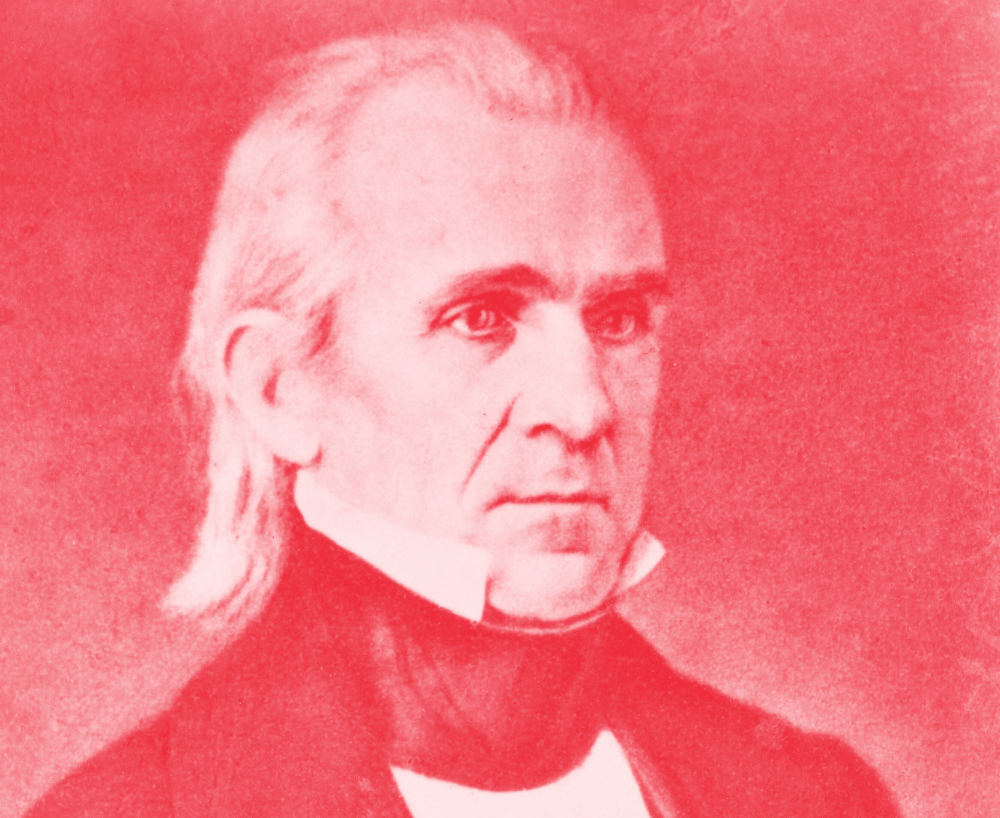
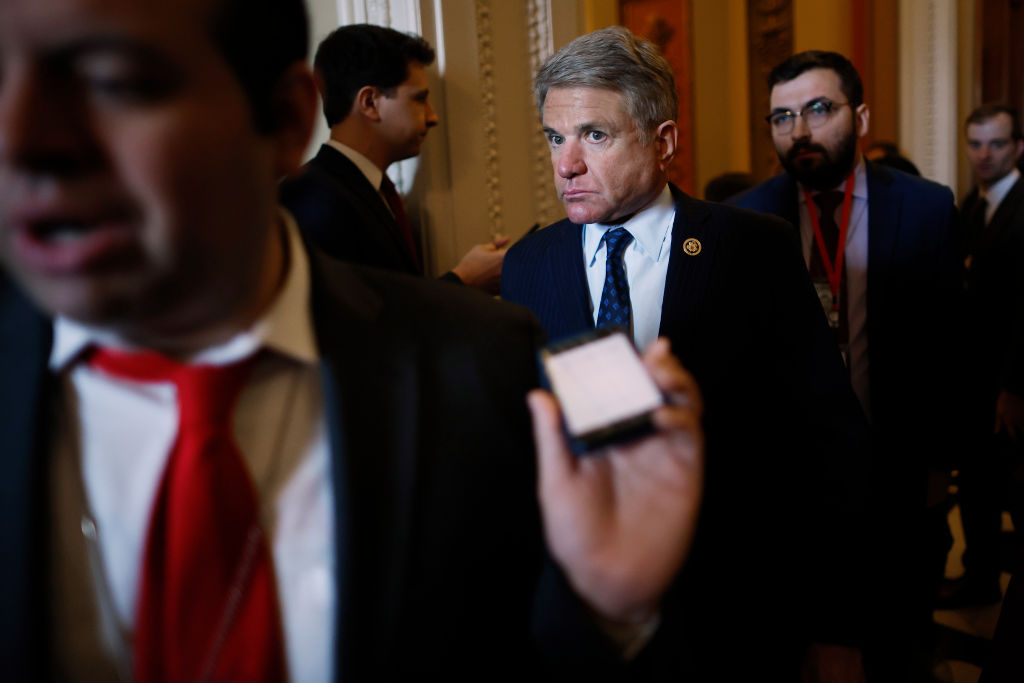
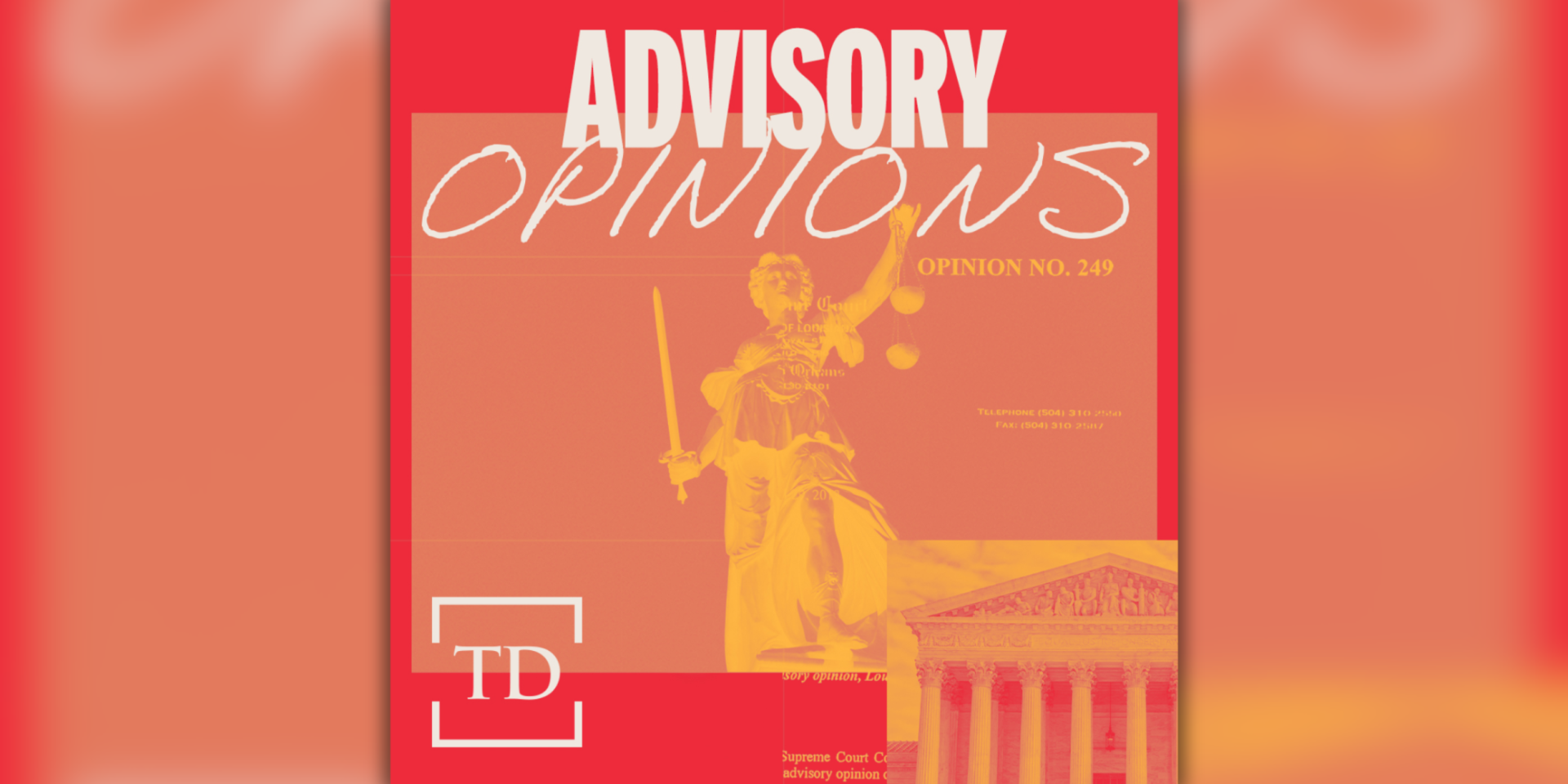

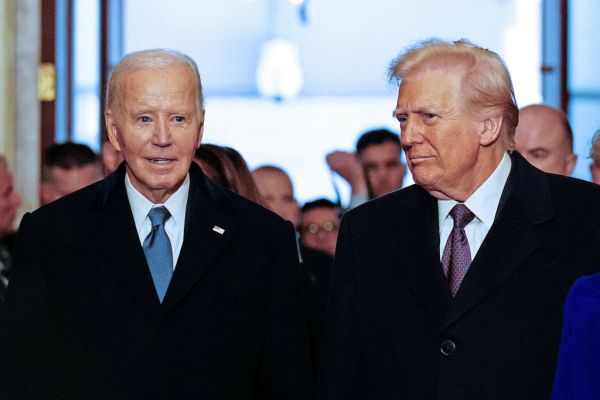
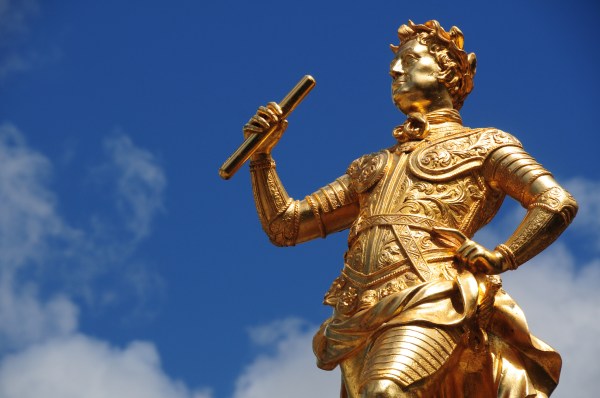
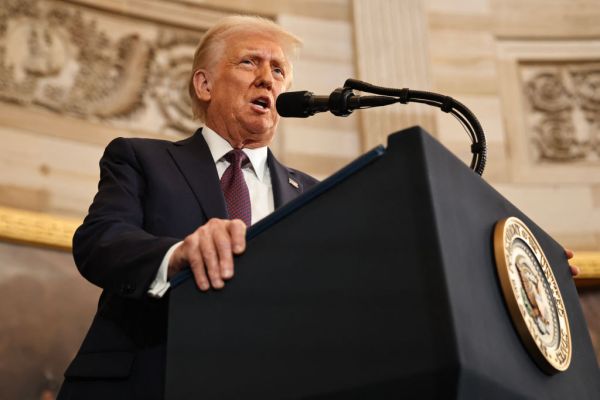

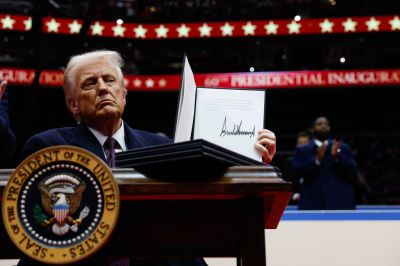
Please note that we at The Dispatch hold ourselves, our work, and our commenters to a higher standard than other places on the internet. We welcome comments that foster genuine debate or discussion—including comments critical of us or our work—but responses that include ad hominem attacks on fellow Dispatch members or are intended to stoke fear and anger may be moderated.
With your membership, you only have the ability to comment on The Morning Dispatch articles. Consider upgrading to join the conversation everywhere.